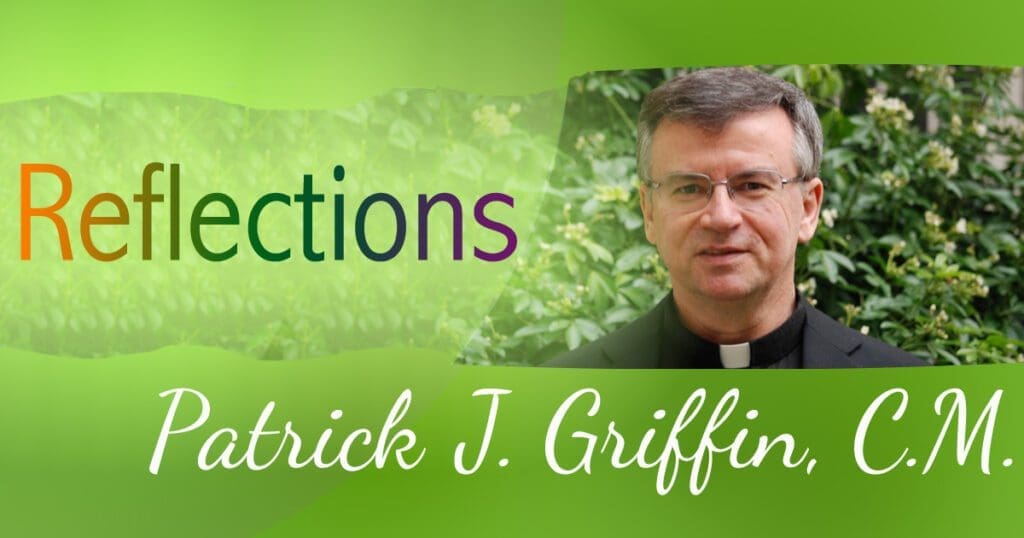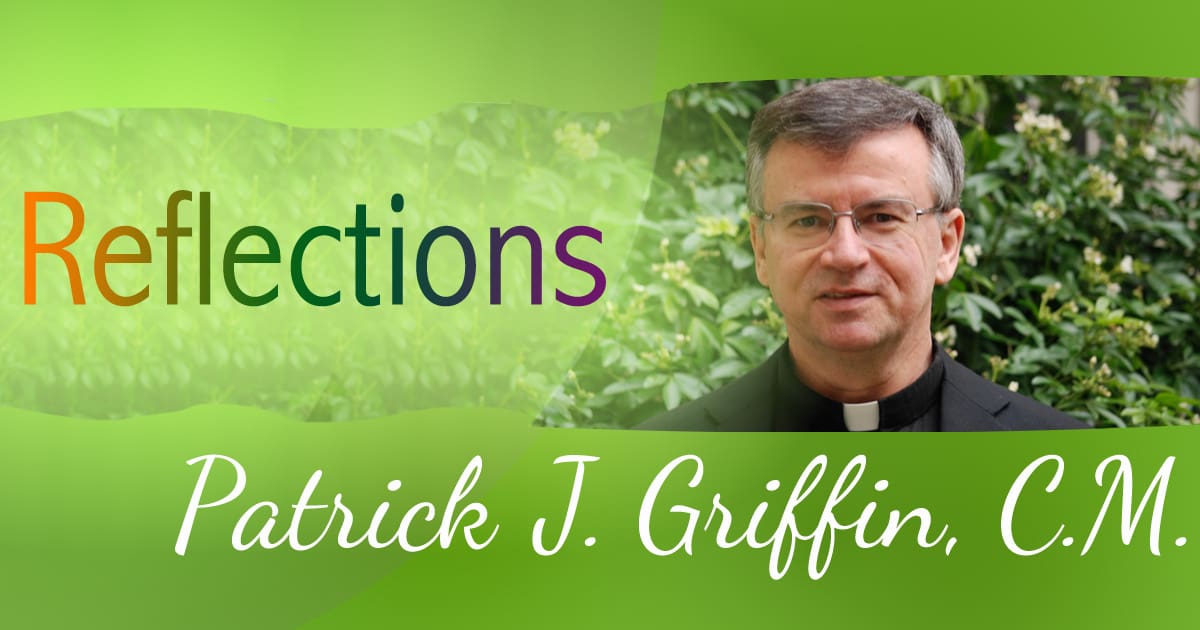A Vincentian View: “Coming Down the Mountain”
A Scripture passage that frequently captures my Vincentian heart is that of the Transfiguration.

Some years ago, Pope Francis gave words to the experience that challenges the way in which I respond to our charism. He wrote:
From the event of the Transfiguration I would like to take two significant elements that can be summed up in two words: ascent and descent. We all need to go apart, to ascend the mountain in a space of silence, to find ourselves and better perceive the voice of the Lord. This we do in prayer. But we cannot stay there! Encounter with God in prayer inspires us anew to “descend the mountain” and return to the plain where we meet many brothers and sisters weighed down by fatigue, sickness, injustice, ignorance, poverty both material and spiritual. To these brothers and sisters in difficulty, we are called to bear the fruit of that experience with God, by sharing the grace we have received. (Pope Francis, Angelus, 16Mar2014)
The point is clear. We need to “go up the mountain” to be with the Lord in prayer, reflection, and study. But, we also need to “come down the mountain” in order to put into practice the insights and strength that we gather.
We understand the desire of the disciples to remain with the Lord in these times of quiet and wonder. They want to erect tents! How attractive is the possibility to stay above the fray and rest with the Master! Yet, our charism does not find its full expression at those times. As important as it is to set time apart with our God and our faith, the applications and insights from that experience can only be found in service and compassion to our brothers and sisters in need.
Jesus did not come to stay on the mountain. The Scripture tells us of how he took time aside from his journeys in order to commune with the Father— to make the journey up the mountain. However, this time apart led to deeper commitment and surrender to his mission. In this way, he fulfilled the will of the One who sent him. He did not come to live on the mountain, but to walk along the roads and visit the villages where his beloved brothers and sisters dwelt and searched and suffered.
Undoubtedly, the most profound mountaintop experience for us takes place in the Eucharist. We come together in a holy place with our community, and we listen to the Word of God as we seek instruction in the teaching of the Lord. Then, we celebrate and receive the particular gift of the Lord’s presence among us at the Eucharistic table. At the end of this gathering, we go forth nourished in mind, body and spirit for the mission of living the Christian life.
As Vincentians, we can experience the dynamic of the Transfiguration. Perhaps the transition from his usual appearance among the disciples to the glorification of his body can make us think of Vincent’s example of the coin (CCD XI, 26). Perhaps the appearance of Moses and Elijah can remind us of our need to be attentive to our Scriptures as represented by the Law and the Prophets. Perhaps the words of the Father can truly summon us to “listen to Jesus.”
We can seek with eagerness the opportunity for the mountaintop experiences. And, we can make full use of them as we descend unto our streets to follow the example of Vincent and Louise.







0 Comments